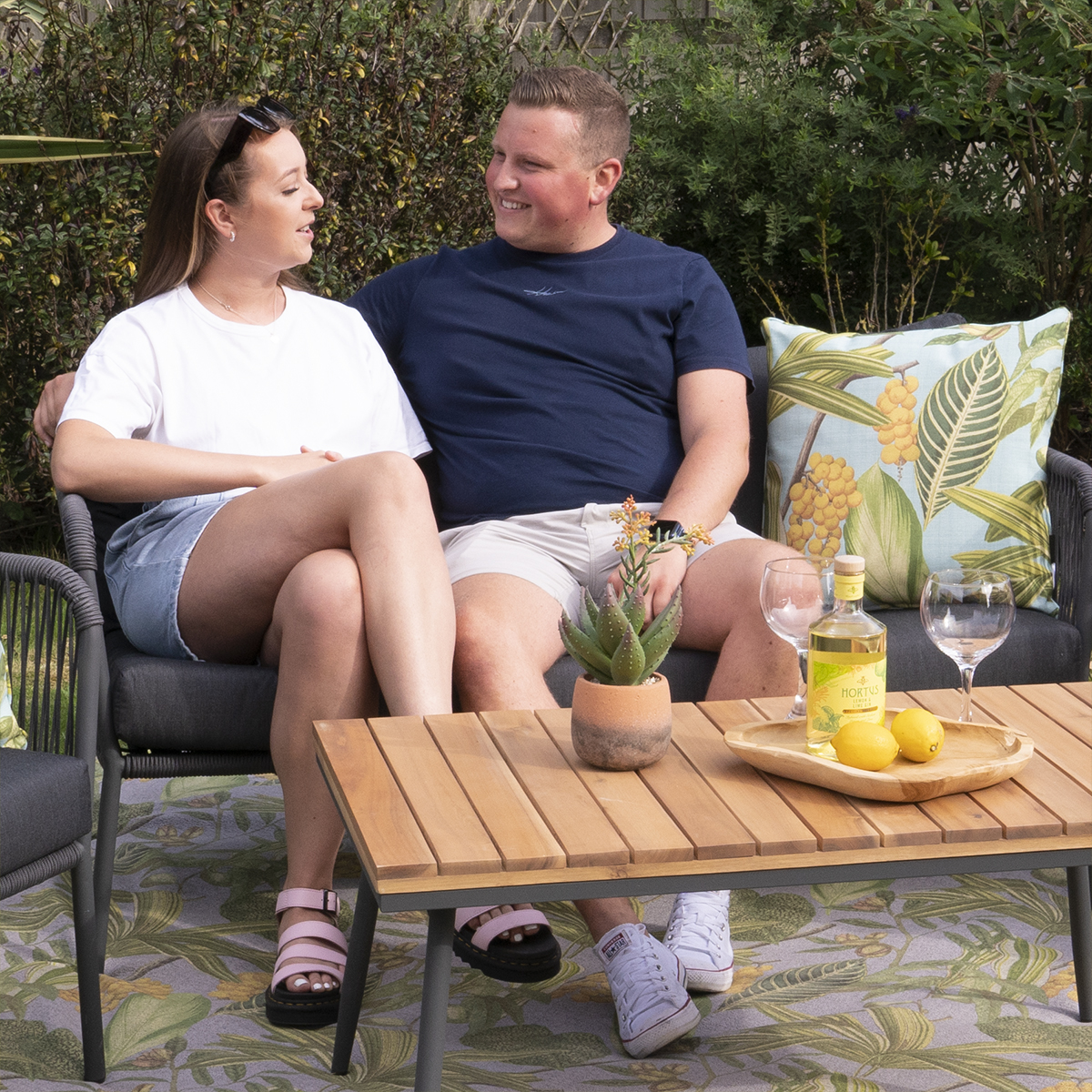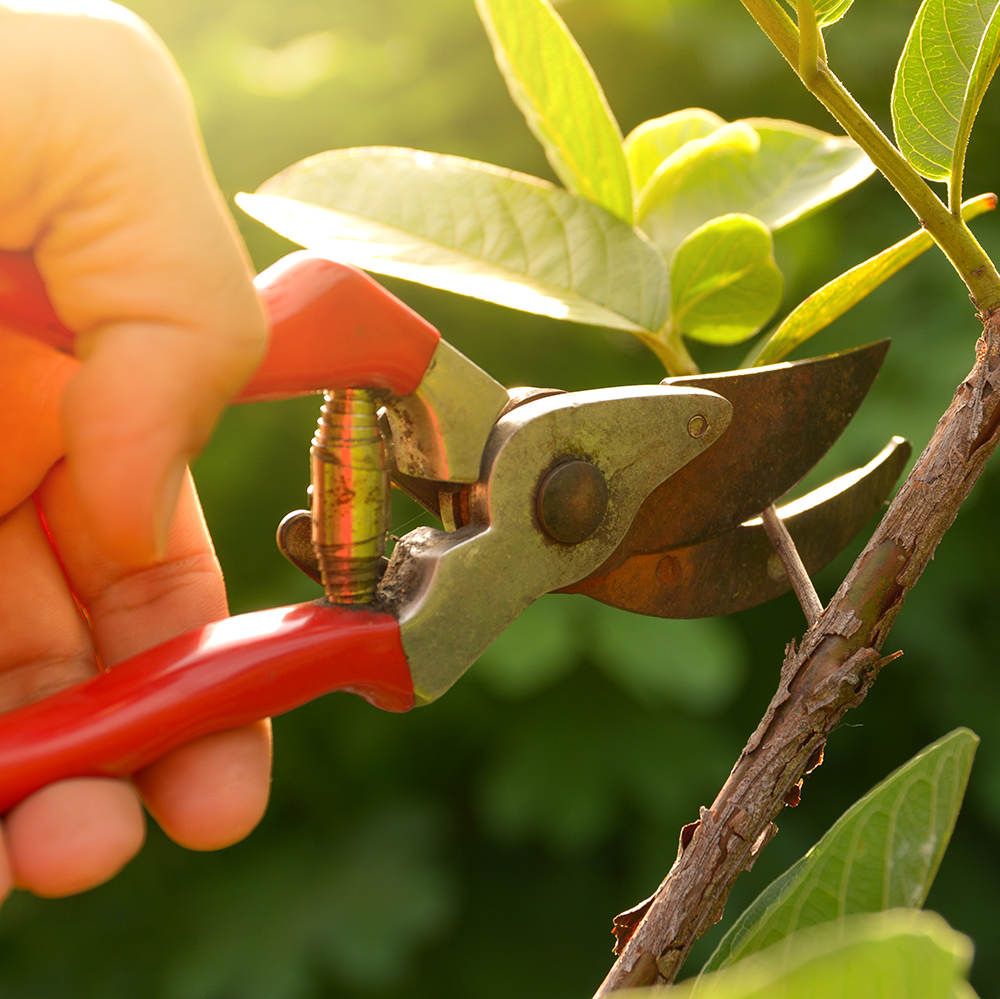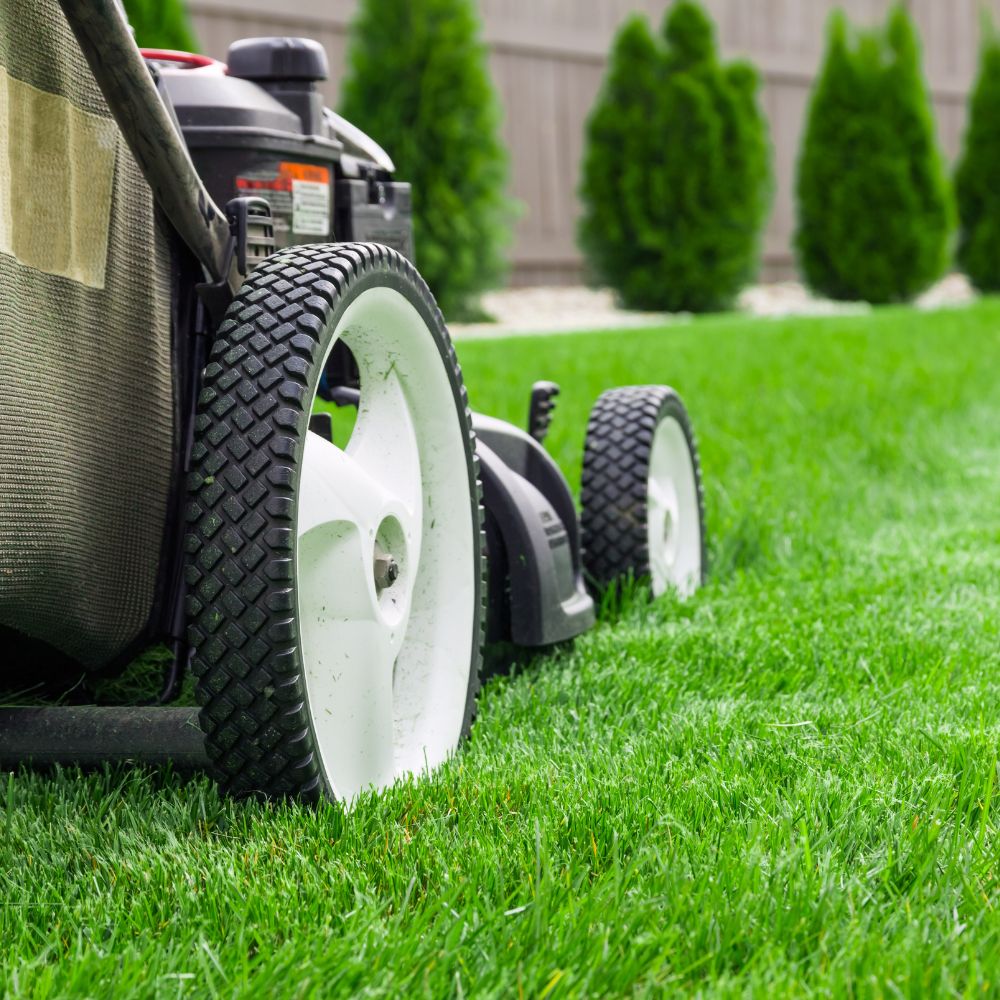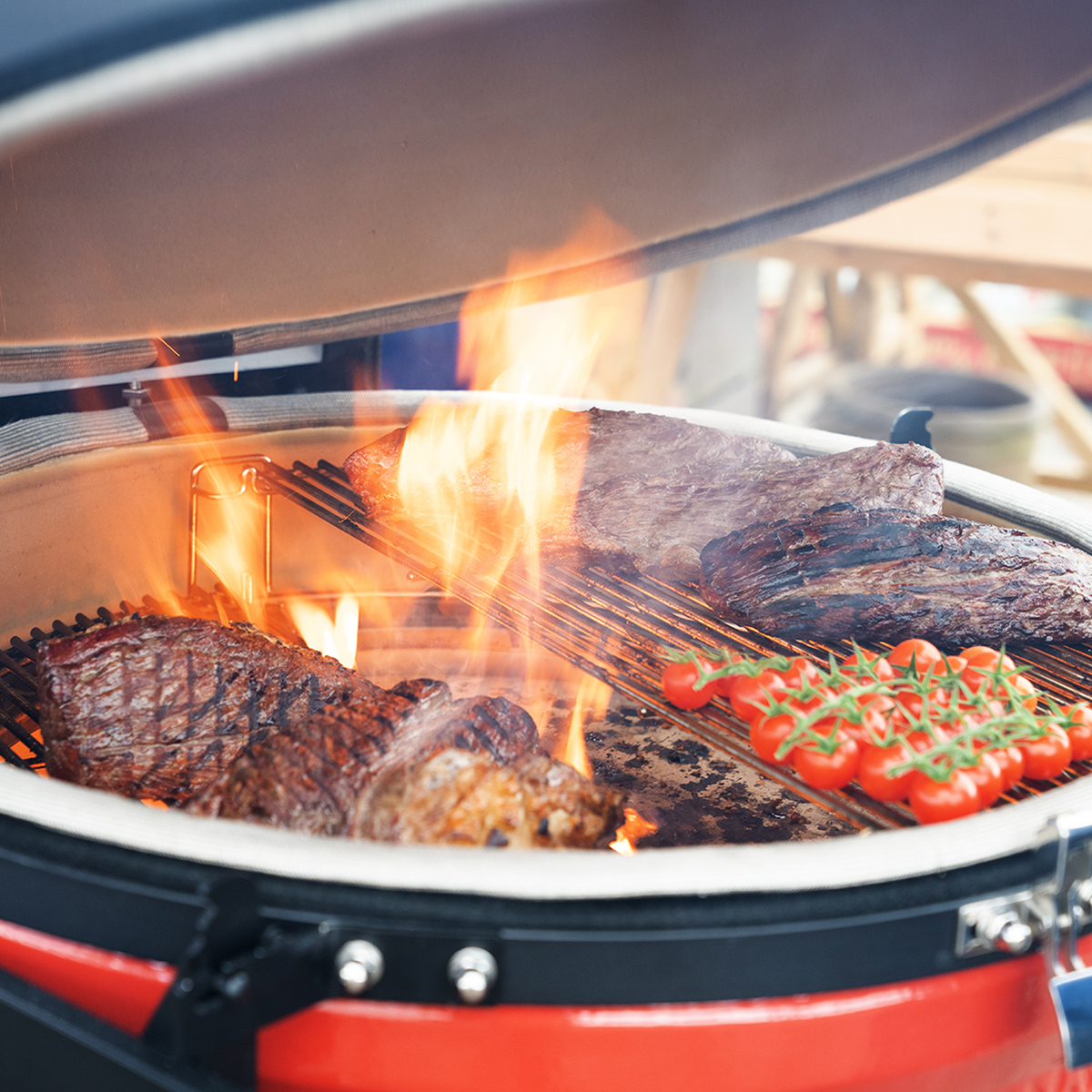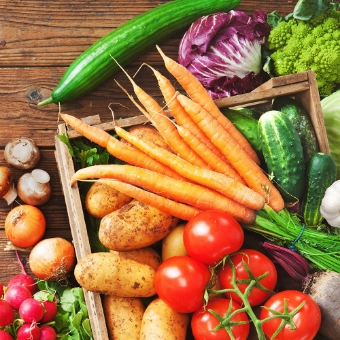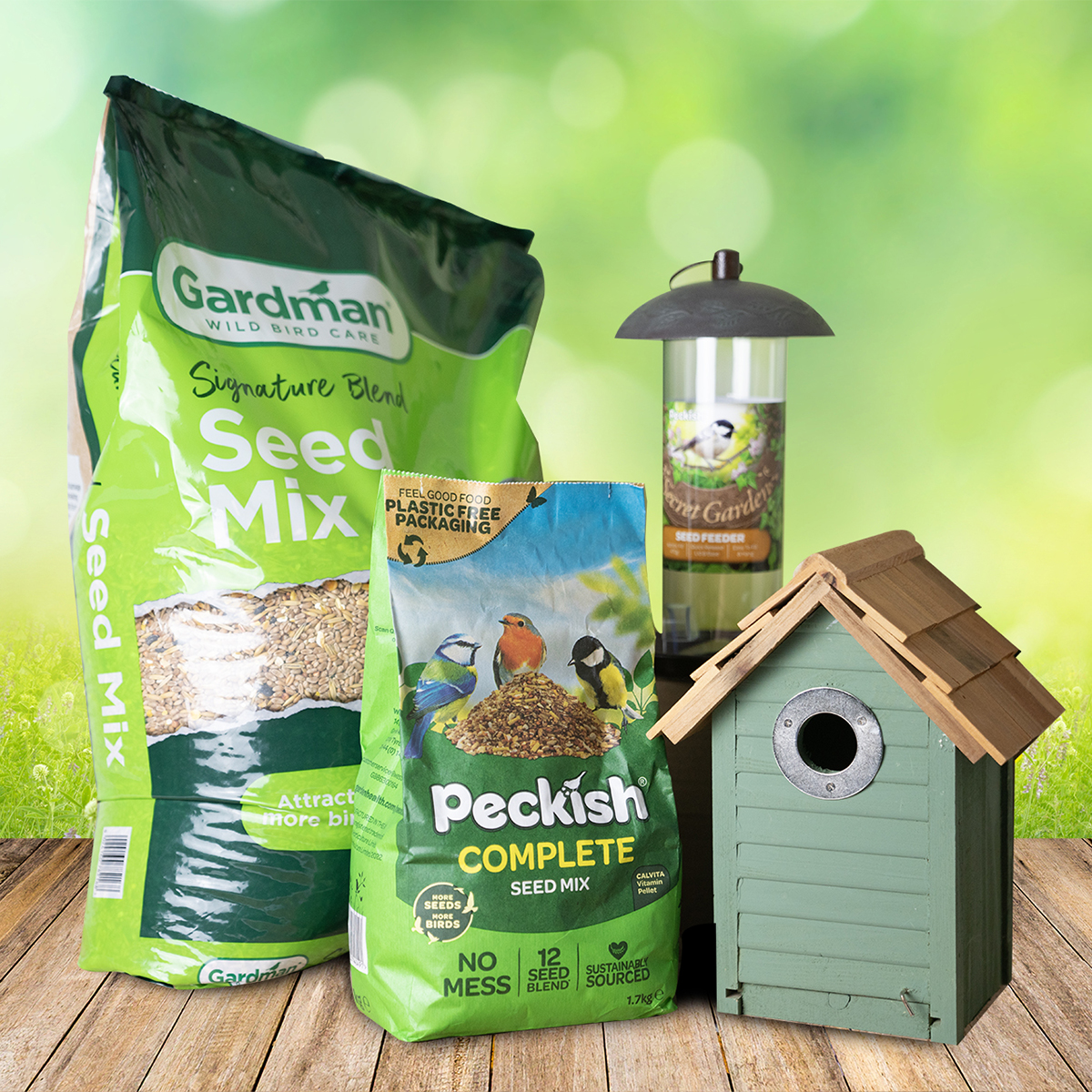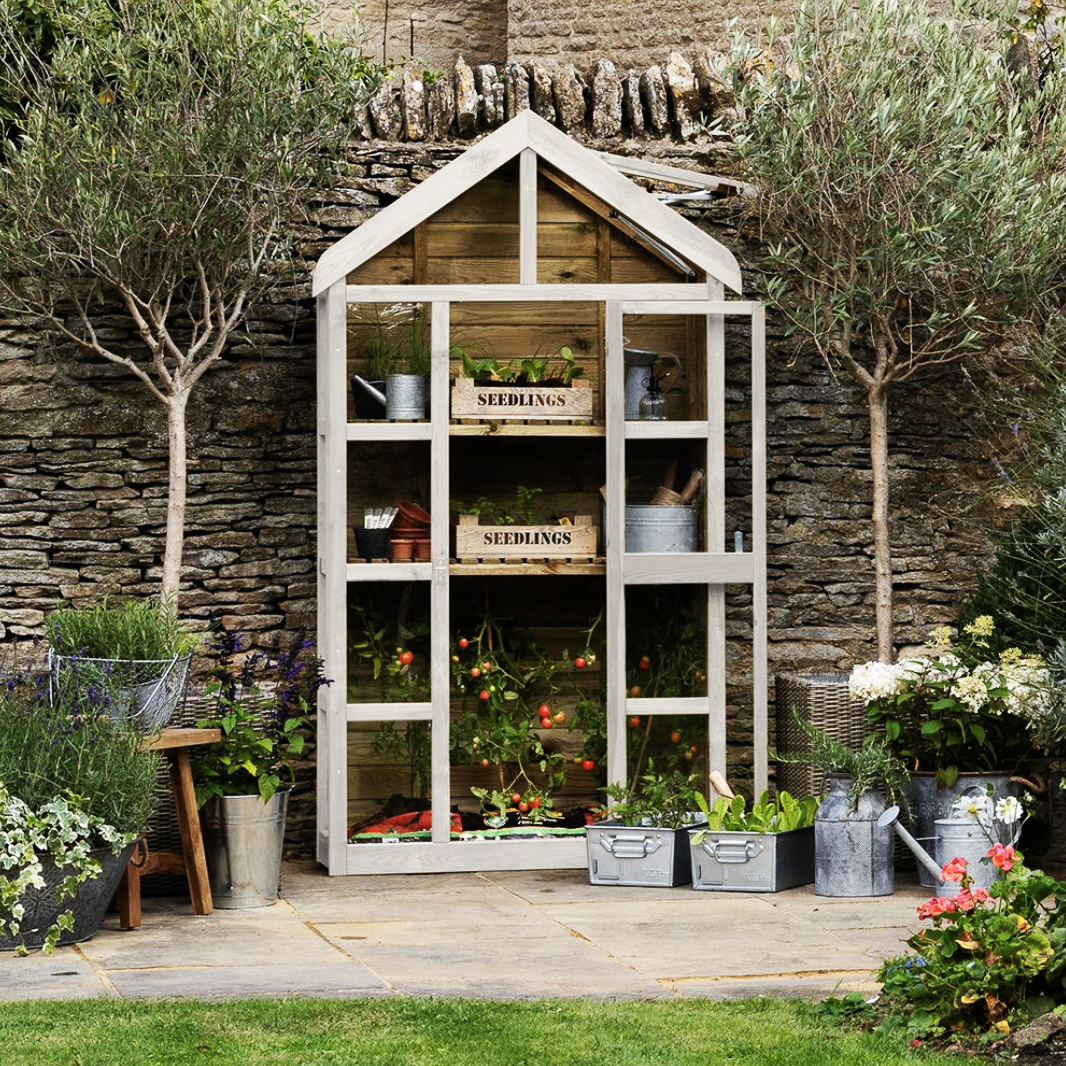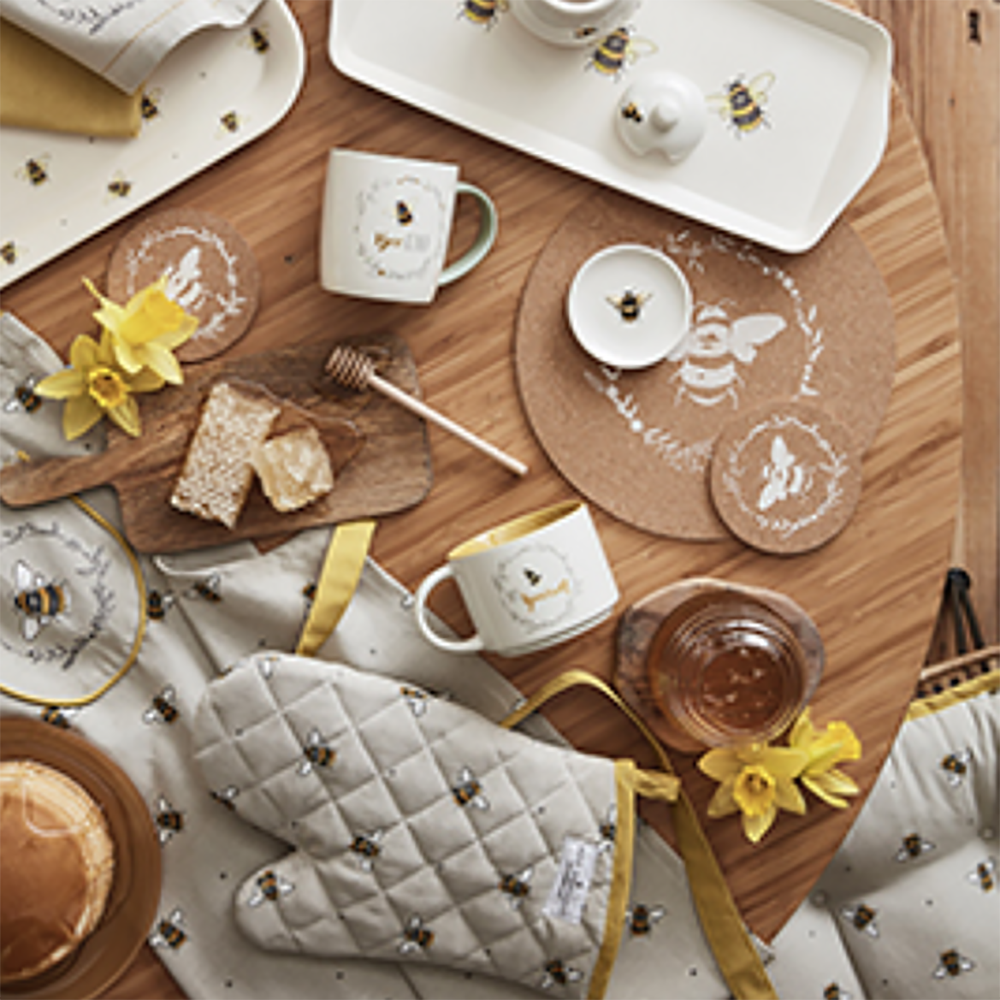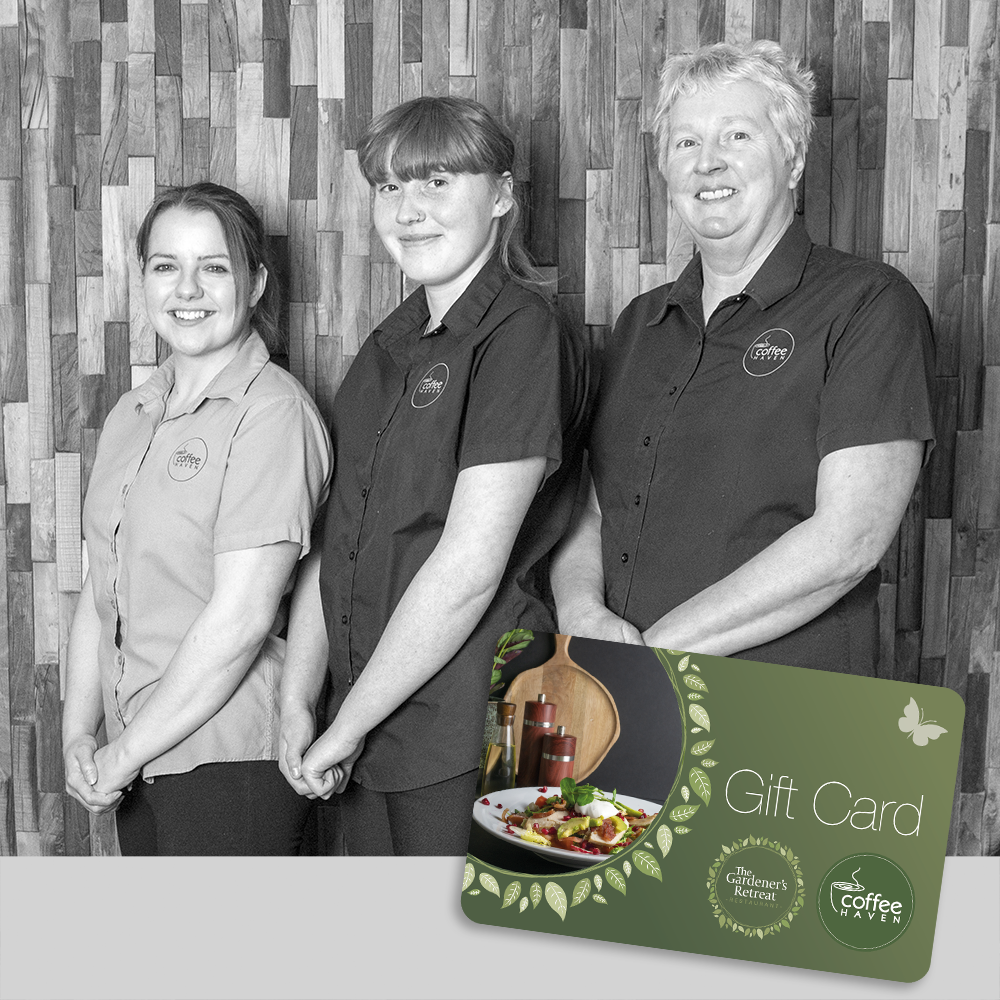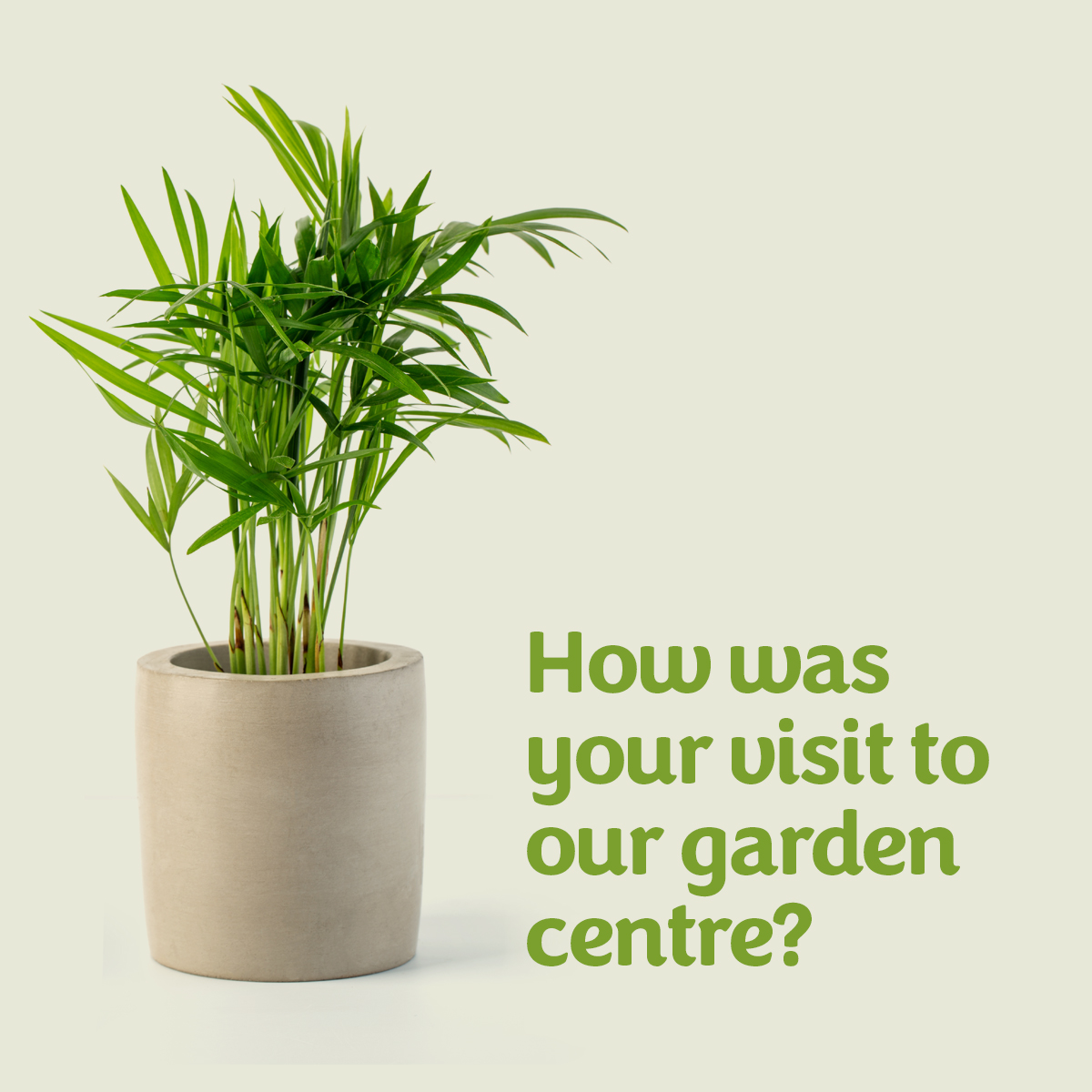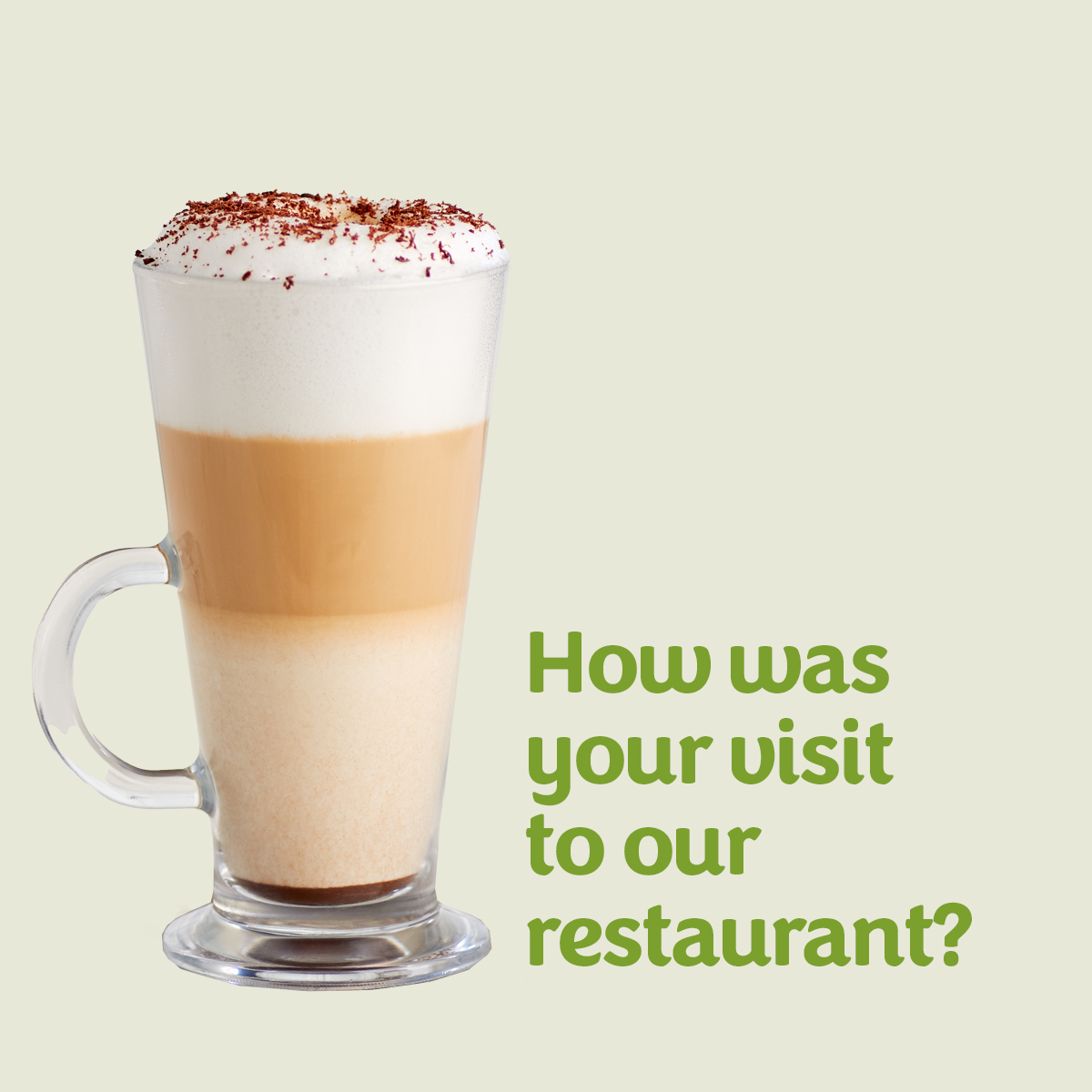Your guide to successful home composting
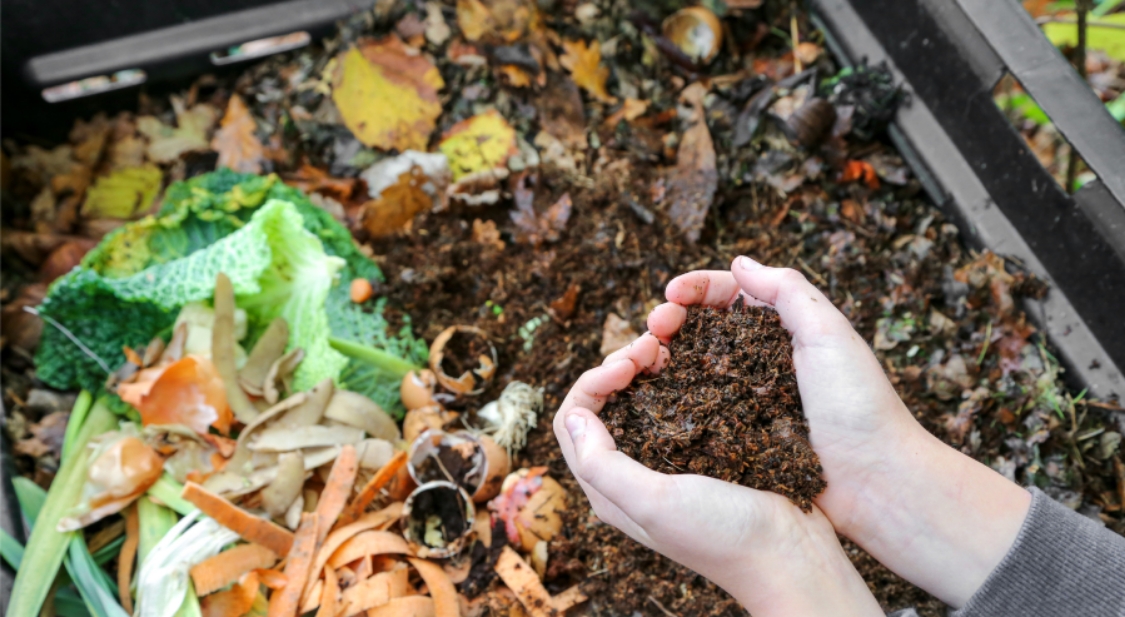
Good for your garden, great for the environment
Composting is a straightforward and rewarding practice that anyone can do, whether you have a small garden, a balcony, or even just a kitchen countertop. There are various composting methods, including traditional outdoor compost piles, compost bins, worm composting (vermicomposting), and bokashi composting.
Choose the method that suits your living situation and start turning your kitchen and garden waste into valuable nutrient-rich compost for your plants!
What actually is composting?
Composting is a natural process that involves the decomposition of organic matter to create nutrient-rich soil. It is an environmentally friendly way to recycle kitchen and garden waste, reducing the amount of waste that ends up in landfills and contributing to sustainable gardening and agriculture practices. The composting process typically involves mixing together a combination of green and brown materials:
- Green materials: These are rich in nitrogen and provide protein to the microorganisms responsible for breaking down the compost. Examples include vegetable and fruit scraps, coffee grounds, tea bags, fresh grass clippings, and plant trimmings.
- Brown materials: These are rich in carbon and provide energy for the micro-organisms. Examples include dried leaves, straw, wood chips, newspaper, and cardboard.
The ratio of the two different types of materials should ideally be 50% to 75% brown material mixed with 25% to 50% green material.
What are the benefits of composting?
- Enriches the soil: Compost adds essential nutrients to the soil, promoting healthy plant growth and improving soil structure.
- Improves water retention: Compost enhances the soil’s ability to retain water, reducing the need for irrigation and helping plants withstand dry periods.
- Suppresses plant diseases and pests: Compost can help create a healthier soil ecosystem, making plants more resistant to diseases and pests.
- Encourages biodiversity: Compost supports a diverse population of beneficial organisms in the soil, contributing to a balanced and thriving ecosystem.
- Aerate clay soil: Homemade compost will open up clay soil, this will aid drainage and aeration.
Environmentally friendly benefits of composting
- Reduces waste: Composting diverts organic waste from landfills, reducing greenhouse gas emissions and helping to manage waste more sustainably.
- Soil water retention: Helps reduce the need for watering and conserve water supplies, and if you’re on a meter it could even save you a bit of money.
- Healthier plants: Healthy plants more resistant to diseases and pests, reducing the need chemical sprays.
- Reduces the need for chemical fertilizers: By providing natural nutrients to the soil, compost lessens the need for synthetic fertilizers, reducing potential environmental pollution.
- Peat Free: Helps preserve our rare and precious peat bogs, as they are important natural carbon stores
Successful traditional composting
The composting process requires moisture and oxygen. Therefore, it’s essential to keep the compost pile or bin slightly damp and regularly aerated to facilitate the breakdown of organic matter by bacteria, fungi, and other microorganisms. You can do this by turning the compost pile with a pitchfork or shovel regularly.
Composting takes time and may vary depending on factors like the size of the compost pile, the materials used, and the weather conditions. In general, the process can take anywhere from a few months to a year, resulting in dark, crumbly, and earthy-smelling compost.
Getting Started
All you need to start composting is a kitchen bin to collect organic scraps and a composter bin (although not necessary if you have space for a loose compost pile).
Composting Top Tips
- For best results place your composter in a sheltered spot in partial or full shade, to avoid extremes of temperature and moisture.
- Place on well-drained soil or a base plate.
- Keep your compost moist, soak dry straw or carboard before adding to your compost.
- Fork through on a regular basis to better and aerate.
- Avoid composting too much of one particular material.
- Chop up or shred any material before adding them as it leads to a more efficient composting process.
What can go in your compost?
- Vegetable and fruit peelings
- Tea leaves, coffee grounds, crushed eggshells and small weeds.
- Grass cuttings, just a small layer at a time.
- Hair off your pets or family. Vacuum dust if you have woollen carpets.
- Paper, straw and hay – soak well first if dry.
Things to avoid putting in your compost
- Meat (cooked or raw) fish and dairy products at your own discretion – only because the smell can attract animals.
- Hard objects, bits of glass, metal, plastic and stones.
